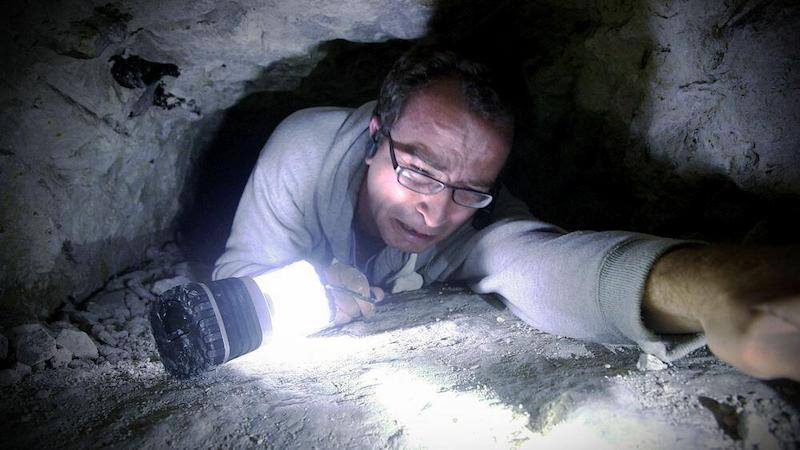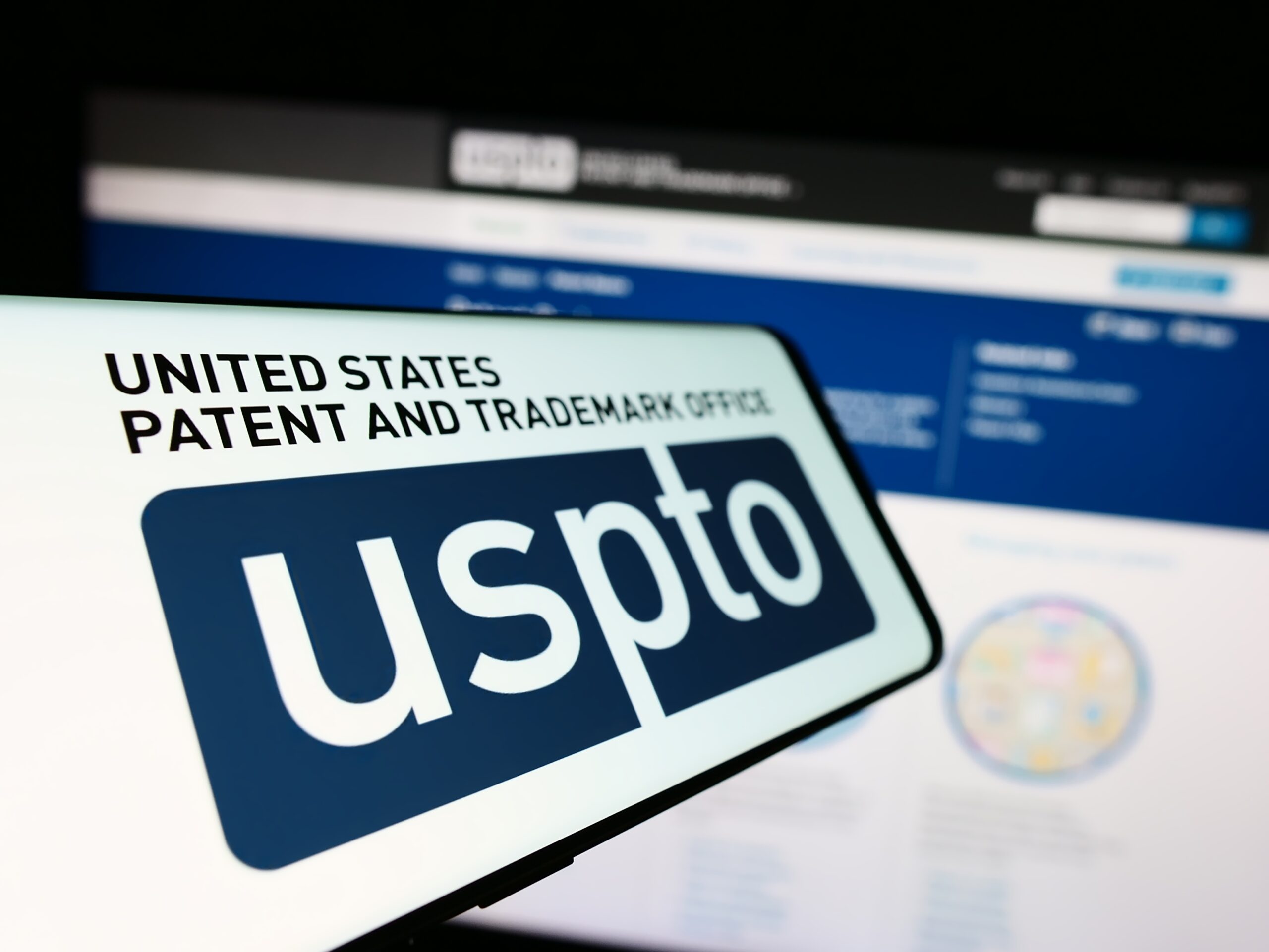A Tacoma paper mill is closing its doors next month, ending operations at a site that, over 94 years of operation, became a local legend for all the rottenest-smelling reasons.
The closure, announced earlier this month, is expected to take effect on Sept. 30. WestRock, an Atlanta-based paper and packaging manufacturer, employs approximately 400 workers at its waterfront facility in Tacoma. Those workers are expected to receive severance and outplacement assistance, the company said.
David Sewell, the company’s CEO, said the “difficult decision” to close the mill was part of an effort to consolidate production and “optimize our operational footprint.”
“One of the most critical factors we consider when making the difficult decision to close a facility is the impact it will have on the lives of our team members,” Sewell said in a news release, adding that the company would help employees in “exploring roles at other WestRock locations and nearby companies.”
The WestRock facility has been in use as a paper mill since 1929, when it was built by the St. Regis Paper Company. The mill lasted nearly a century as the most prominent vestige of a once-burgeoning paper industry in the city.
“It’s always hard to hear that a business is making a decision to relocate or close,” said Andrea Reay, CEO of the Tacoma-Pierce County Chamber of Commerce, in an interview. “I think that, with WestRock being a really good steward [of the site] and partner with the chamber and with the community … this is [something] where we can hopefully create an opportunity.”
WestRock has not shared specifics on future plans for the property, though Reay said that it would ideally be retained as industrial land.
“We’re not building more land,” she said. “So the land that we have now for manufacturing and industrial use — it’s really important that we maintain that, so we can continue to build and grow our manufacturing. Not just for Tacoma and the South Sound, but for the state of Washington.”
WestRock’s paper mill produced 510,000 tons of paper products annually, including kraft paper, white-top liner and bleached pulp. The company said that Tacoma’s kraft and liner capacity would be moved to other facilities, while approximately 60,000 annual tons of pulp production would be lost.
In an earnings call, WestRock CFO Alex Pease said that by “reallocating” production from various closed mills, Tacoma included, the company could focus on its more profitable facilities — including a box plant in Longview that is scheduled to open in November.
“It was the right decision from an overall profitability standpoint,” Pease said. “I think it really speaks to the flexibility of our network. …
“In terms of capital, it’s more than $100 million that we were able to divert from essentially keeping these mills on life support, for lack of a better term, and redirect that toward growth-oriented capital.”
The Longview facility is expected to take on some employees from the Tacoma mill — though exactly how many is unclear. WestRock did not return a request for comment.
“Those advanced manufacturing positions are the highest-earning, often lowest-barrier jobs available within a community,” Reay said. “And an advantage of having there be a workforce shortage is that there are a lot of jobs available, especially for highly skilled workers in manufacturing. We’re fairly confident that [laid off employees] will be able to find work and find work locally.”
Tacoma’s paper mill, located at the mouth of the Puyallup River, is well known in local lore as the supposed source of the “Aroma of Tacoma,” the putrid odor that once permeated the city. According to Elizabeth Korsmo, curator for the Tacoma Historical Society, as early as the 1930s people were complaining about the foul stench, and the mill’s role in creating it.
The odor has subsided in recent decades, especially after a nearby smelter closed its doors in the 1980s — though Korsmo said you can still find it if you sniff closely enough.
“There are definitely days on Ruston Way where it smells a bit off,” she said, referring to the nearby waterfront street. “But I’m told it’s nothing like what it used to be.”
Korsmo said that the mill was “one of the final holdovers” of the flourishing lumber and paper industry that put Tacoma on the map.
“This really was part of Tacoma’s identity as the lumber capital of the world,” she said.
















